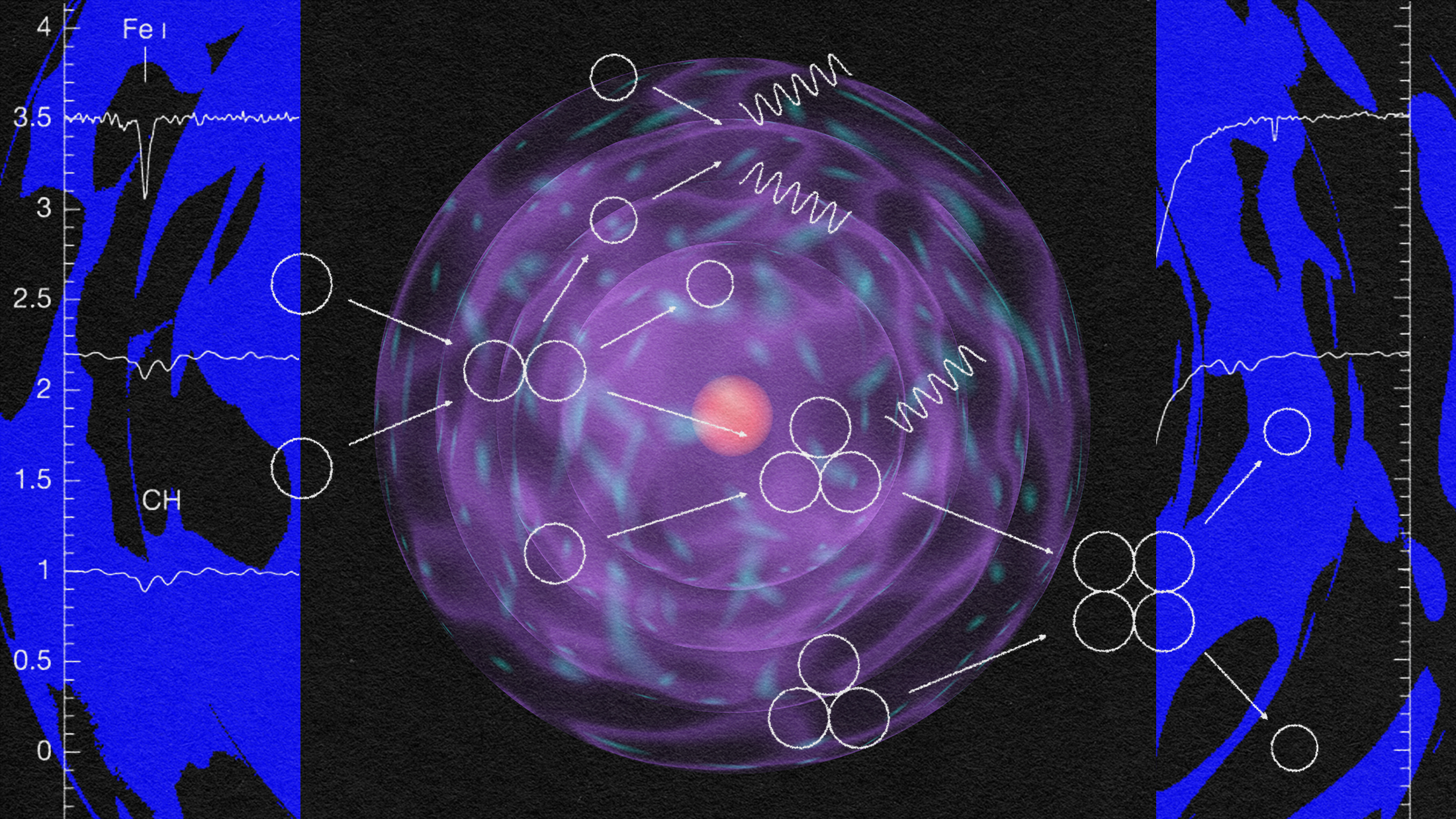How Much Does God Make Our Decisions For Us?

The prevailing wisdom among millions of people on this planet is that God governs everything that happens. That idea about God has been a source of debate for some time now, but if we can’t agree on which god does what on this planet, we are starting to learn that, even if God doesn’t control the universe, He/She does govern the way we all make decisions.
Academics have been attempting to deconstruct the role of God and faith in decision making for some time. A 2005 New Zealand/Australia study found that business leaders referred to their gods, no matter their religion, during moments described as “difficult.” But that reliance on faith isn’t isolated to the board room.
As recently as February, President Obama was referencing a relationship with God that influenced his role as president. His predecessor’s relationship with God as it related to his job was very well-documented. Other politicians, most notably Governor Schwarzenegger, have downplayed the role of faith in their decision-making apparatus. But when it comes to everyday decisions, both large and small, religious faith does play more of a role than you’d think.
If God doesn’t directly influence major decisions at the corporate and government levels, faith-based groups certainly do. When it comes to the relationship between faith and foreign policy, the link has been a constant source of intrigue in the academic world. Particularly after President George W. Bush’s references to a “higher power.” In court rooms across the country, the influence of religion is fully acknowledged, although the degree of that influence is a source of debate.
Religion influences a number of our everyday decisions, particularly when it comes to our health, where God’s influence is everywhere. Studies have found religious faith influencing many of our most-important medical and health decisions. That governing factor controls everything from cancer care to reproductive health to contraception. Interesting enough, when it comes to real life-and-death medical decisions, studies find that terminally-ill cancer patients who drew on religion in their decision-making were three times more likely to go on breathing machines or pursue other invasive treatments. Apparently the belief that God was on their side helped patients fight through a terminal illness. The same facts hold true with nursing home patients facing their twilight years.
In an effort to break down the role of faith in everyday decision-making, a University of Toronto professor recently released a sprawling study on the topic. In his research, sociology professor Scott Schieman revealed some interesting statistics. First off, 82 percent of respondents revealed that they relied on God in decision making and 71 percent believed that whatever happened in their lives was part of God’s ultimate plan. In fact, almost one-third of respondents agreed with a statement reading “there is no sense in planning a lot because ultimately my fate is in God’s hands.”
It all adds up to a Western culture being governed more by religious faith than most skeptics would ever imagine. And that’s at all levels of decision-making, be it on main street or in the White House.





